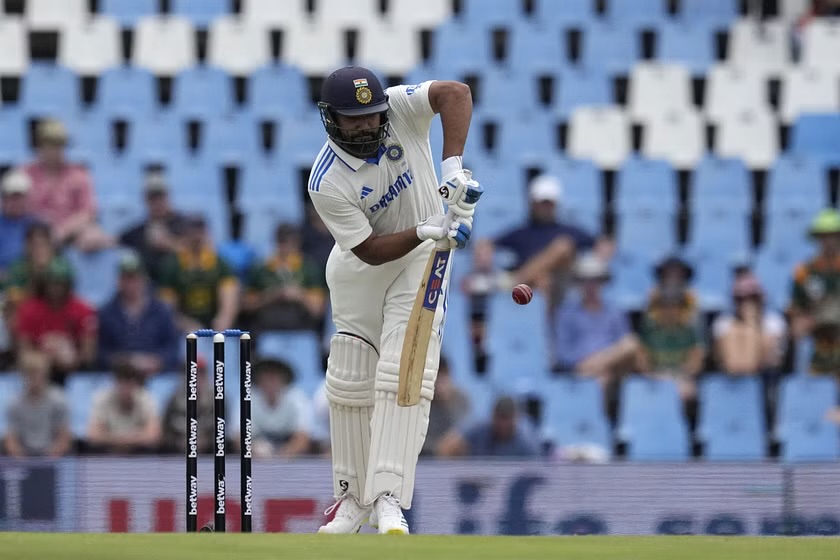
India‘s aspirations for their inaugural Test series victory in South Africa quickly faded away in Centurion, as South Africa convincingly defeated them by an innings and 32 runs in the first match of the two-game series.
Dean Elgar, David Bedingham, and Marco Jansen’s batting efforts meant that the Proteas only required a single innings to secure victory. Kagiso Rabada and Nandre Burger played crucial roles with the ball, leading to a swift conclusion on Day 3.
Despite impressive innings from KL Rahul and Virat Kohli in their respective turns at bat, and a strong bowling performance from Jasprit Bumrah, the visiting team consistently found themselves behind in the competition and ultimately fell significantly short.
Here are three factors that led to India’s defeat in the initial Test against South Africa:
#1 Overall, India displayed a defensive and lackluster energy
While none of us are body language experts, it might appear speculative to assert that India lacked energy or motivation. However, it became apparent during the South African innings that Rohit Sharma and his team didn’t exhibit the expected level of energy on the field.
Rohit Sharma’s alterations in bowling lacked aggression, as he chose to stick with Shardul Thakur and Prasidh Krishna after Lunch on Day 2. Similarly, his field placements were not assertive, allowing Elgar and his teammates to score freely.
Even if you overlook these tactical mistakes, it’s hard to ignore how India appeared to be just going through the motions during Elgar’s lengthy innings. Numerous experts, including Sunil Gavaskar and Ravi Shastri, highlighted the lack of fight in the visitors, and it was evident why they held that view.
On Day 3, India also surrendered without much resistance, indicating a lack of mental presence throughout the contest.
#2 India paid a price for the absence of Ravindra Jadeja
India suffered a significant setback on the morning of the Test when Ravindra Jadeja was sidelined due to a back spasm. Rather than reinforcing the lower middle-order with an extra batsman, the team management opted to include Ravichandran Ashwin.
Although Ashwin performed admirably with the ball, the absence of Jadeja’s batting assurance at either No. 6 or No. 7 was keenly felt. The experienced off-spinner was dismissed inexpensively in both innings, indicating a struggle to cope with the bounce and seam movement in the conditions.
In recent years, Jadeja has stood out as one of India’s top Test batsmen, showcasing a solid technique and the capability to endure long periods at the crease. His presence would likely have provided more support to Kohli and Rahul, potentially resulting in an enhanced overall performance.
#3 India’s secondary fast bowlers were not up to the mark
In the absence of Mohammed Shami, India introduced Prasidh Krishna for his Test debut. Despite having the potential for success at the Test level, the tall fast bowler appeared inexperienced and out of sync in Centurion.
Prasidh and Thakur conceded runs consistently during South Africa’s innings, and Mohammed Siraj didn’t have a standout performance either. Despite Bumrah and Ashwin maintaining control, India struggled to restrict the flow of runs.
India faced challenges in replacing Ishant Sharma’s holding role, and the trio of Prasidh, Siraj, and Thakur disappointed, contributing to the loss. The absence of Shami affected the support to Bumrah, while Burger’s effective bowling complemented Rabada.
Get the latest cricket news here, like us on Facebook, and follow us on Twitter and Instagram for more such updates.













